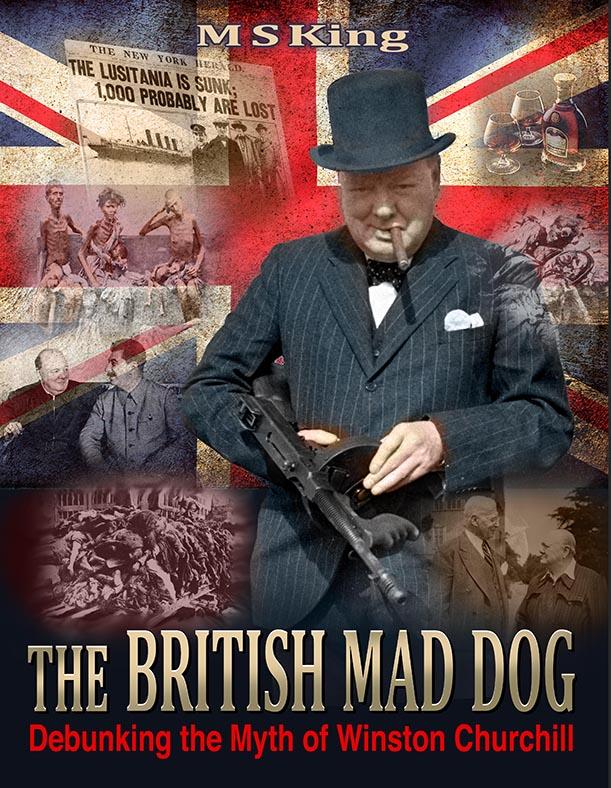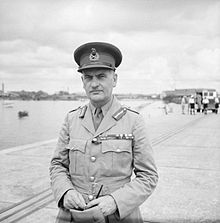Excerpts from 'The British Mad Dog'
M S King
CHURCHILL THE PLAGIARIST AND ALSO THE USER OF GHOSTWRITERS
In light of his alcoholism, his high positions, his journalism, and his record of academic mediocrity (at best), one has got to wonder how this puffed-up “literary giant” was able to muster the time and discipline necessary to author so many books. Well, you see, the “prolific” multi-millionaire writer not only has the help of “literary assistants”, (ghostwriters) but he is also a plagiarist!
A young historian Maurice Ashley contributes heavily to Churchill’s 1937 ‘A History of the English-Speaking Peoples’. Years later, another historian named William Deakin pens an enormous amount of material for Churchill, including most of the text of his “widely acclaimed” series on World War II. The military narratives are supplied by a retired general, Sir Henry Pownall.
By the 1950’s, an aging and alcohol-addled Churchill is relying upon an entire team of writers to do much more than just research, contribute, and edit, but really take over his work.
The multi-million pound one-man literary enterprise that was Winston Churchill was not a one man show after all. -- Ashley, Deakin and Pownall.
In addition to his reliance upon ghostwriting historians, the imitation intellectual also engaged in gross plagiarism. British historian Max Hastings, writing in The Telegraph, November 2, 2004, informs us:
“Pownall, ironically enough, had often confided to his own wartime diary rage and frustration about Churchill's intemperate interferences in military operations. Now, for a salary of £1,000 a year, along with a less influential naval counterpart, he played a key role in the fortification of the Churchill legend.
Churchill skillfully injected into the narrative just sufficient rolling phrases in his own inimitable style

